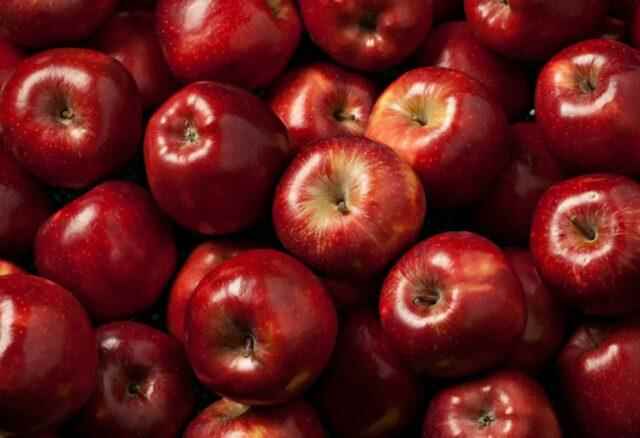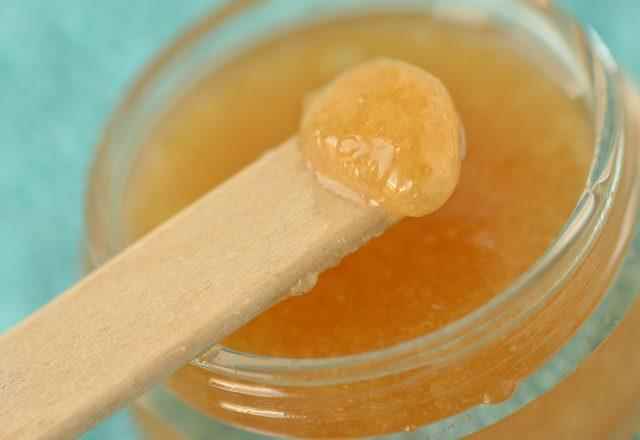Heart diseases are seen as the most common causes of death. Unhealthy diet is among the factors that cause these diseases. Fortunately, research indicates that your risk of developing these deadly conditions is modifiable. Now a new study warns that free sugars can lead to heart disease and strokes.
SUGAR DRINKS CONTAIN MORE SUGAR THAN WE THINK
The average person in the UK gets about 12 percent of their daily calories from free sugar. According to experts, adults should get no more than 30 grams of free sugar per day, which is roughly equivalent to seven sugar cubes. Blood Pressure UK explains that, worryingly, people often eat more than that with just one can of sugary drink containing more than that amount.
INCREASES THE RISKS OF DANGEROUS DISEASES

A new study published in the journal BMC Medicine warns about free sugar intake. Eating too much sugar can increase your risk of serious health problems, such as stroke and heart disease. If you’re not aware, free sugars describe those added during the processing of foods — think table sugar and other sweeteners. However, they also occur in syrups, honey, fruit juices, vegetable juices, purees, pastes, and similar products where the cellular structure of food is disrupted, according to the United States Food and Drug Administration.
SUGAR NEEDS CAN BE MEETED FROM FRUITS

The good news is that free sugars do not contain the sugars naturally found in dairy products and whole fruits and vegetables. Study co-author Professor Tim Key, from Oxford University’s Nuffield Department of Population Health, said: “These findings suggest that free sugar in general, not just sodas, is linked to an increased risk of cardiovascular disease. Sweethearts can get non-free sugar from fruits, which are much healthier.” “
THE HEALTH STATUS OF THOUSANDS OF PEOPLE HAS BEEN EXAMINED
Researchers studied more than 110,000 people who participated in two to five 24-hour online diet assessments from the UK Biobank. Volunteers had to record their dietary habits multiple times during each 24-hour period.
After more than nine years of follow-up, the research team found that total carbohydrate intake was not associated with cardiovascular disease. However, they did notice that higher free sugar intake was associated with an increased risk of various cardiovascular diseases. The more free sugars the participants consumed, the higher their risk of heart disease and stroke.
THINGS TO DO TO REDUCE SUGAR USE

The study suggested that if people replaced just five percent of their daily calories from free sugar with fruits and vegetables, their risk of stroke could drop by nine percent. In addition, higher free sugar intake was also linked to higher triglyceride concentrations – a type of fat found in butter, high-fat dairy products and fried foods. Having high triglyceride levels can increase your risk of cardiovascular disease, such as coronary artery disease.
If you’re looking to reduce your free sugar intake, Blood Pressure UK recommends:
- Replace sugary drinks with water or sugar-free options
- Avoid breakfast cereals with added sugar or adding extra sugar to the top
- Use mashed banana instead of jam or honey on toast
- Avoid ready-made sauces such as macaroni sauce (they often have added sugar)
- Check labels as seemingly healthy snacks like cereal bars can often have a lot of added sugar in them.
